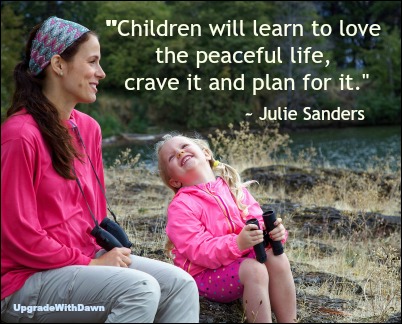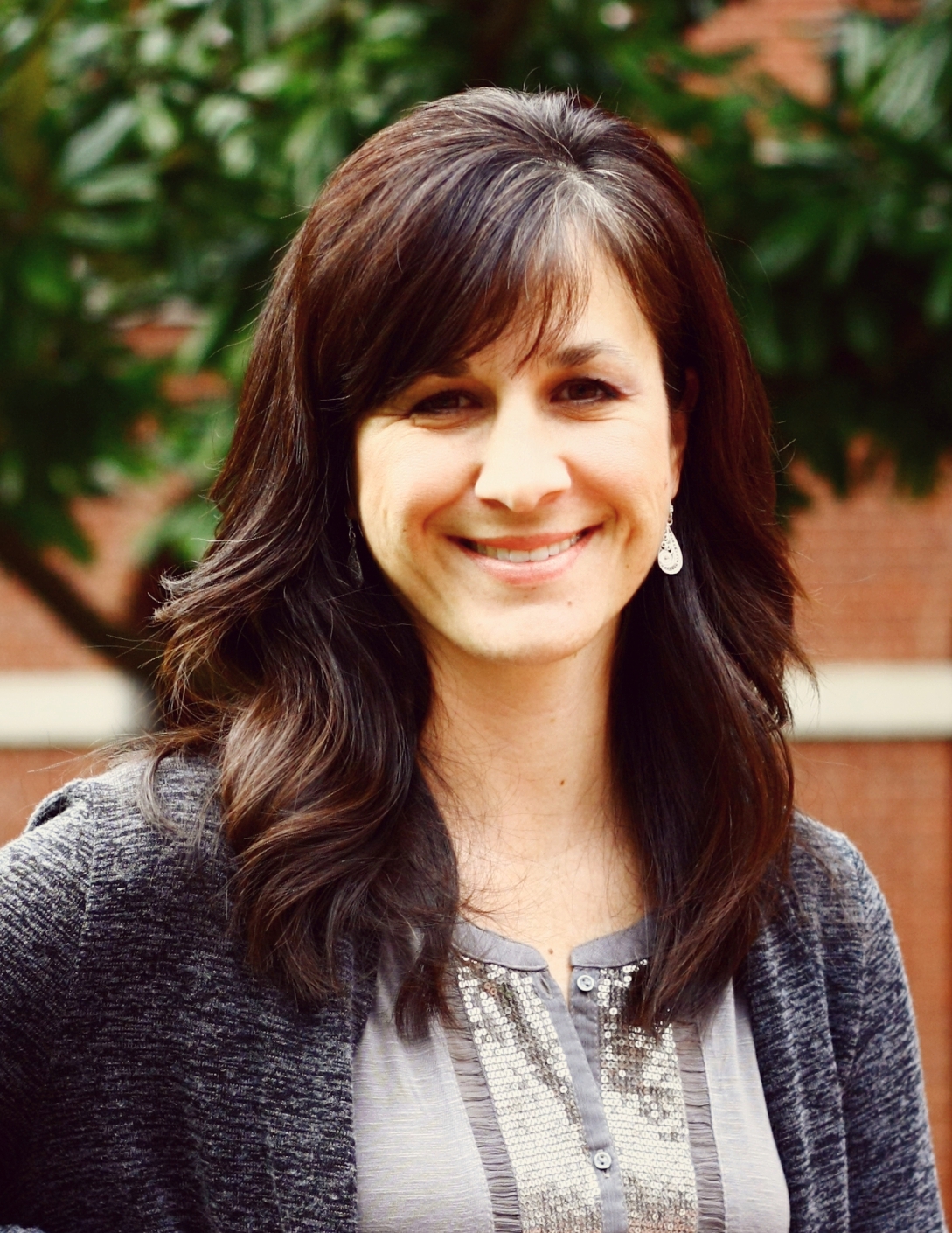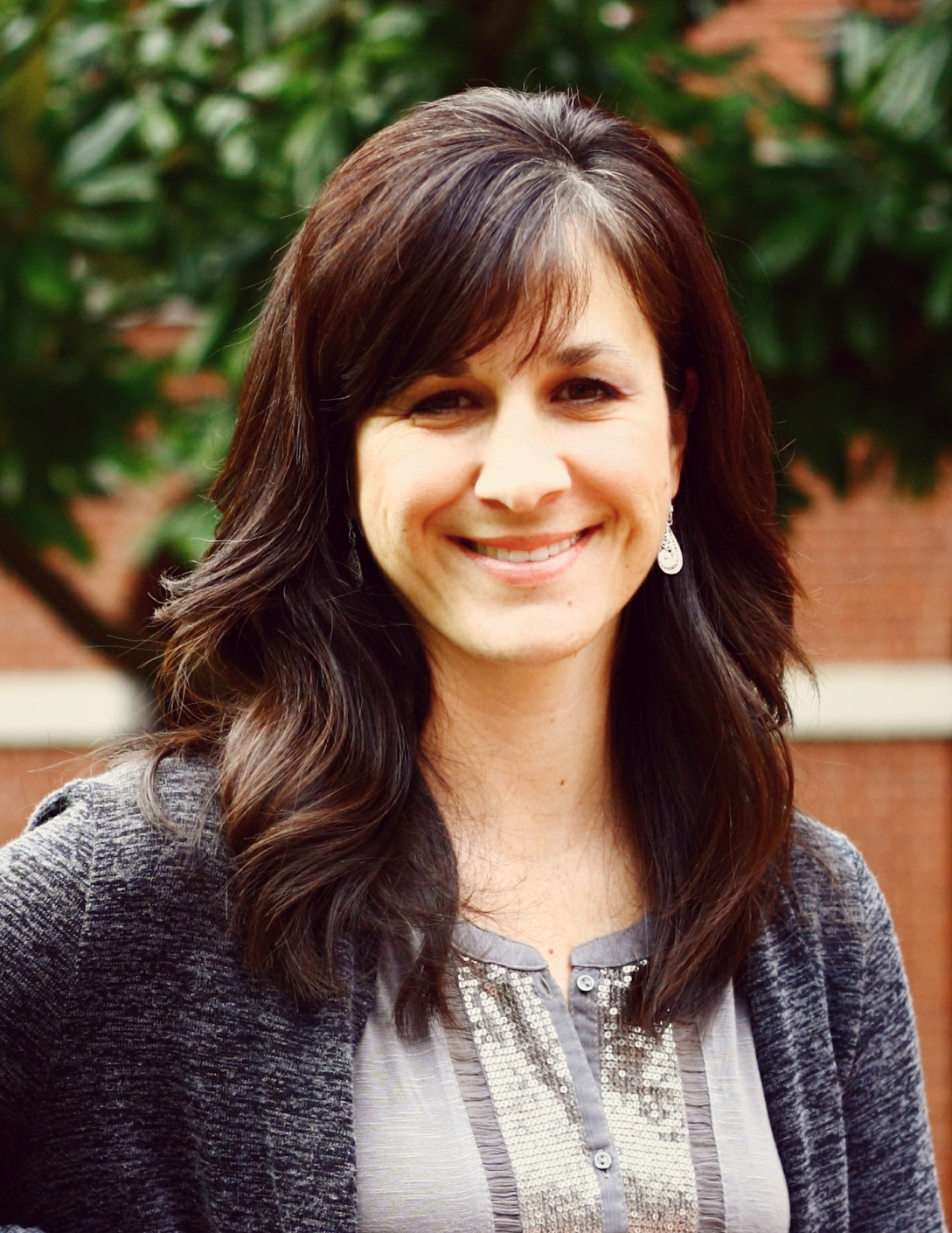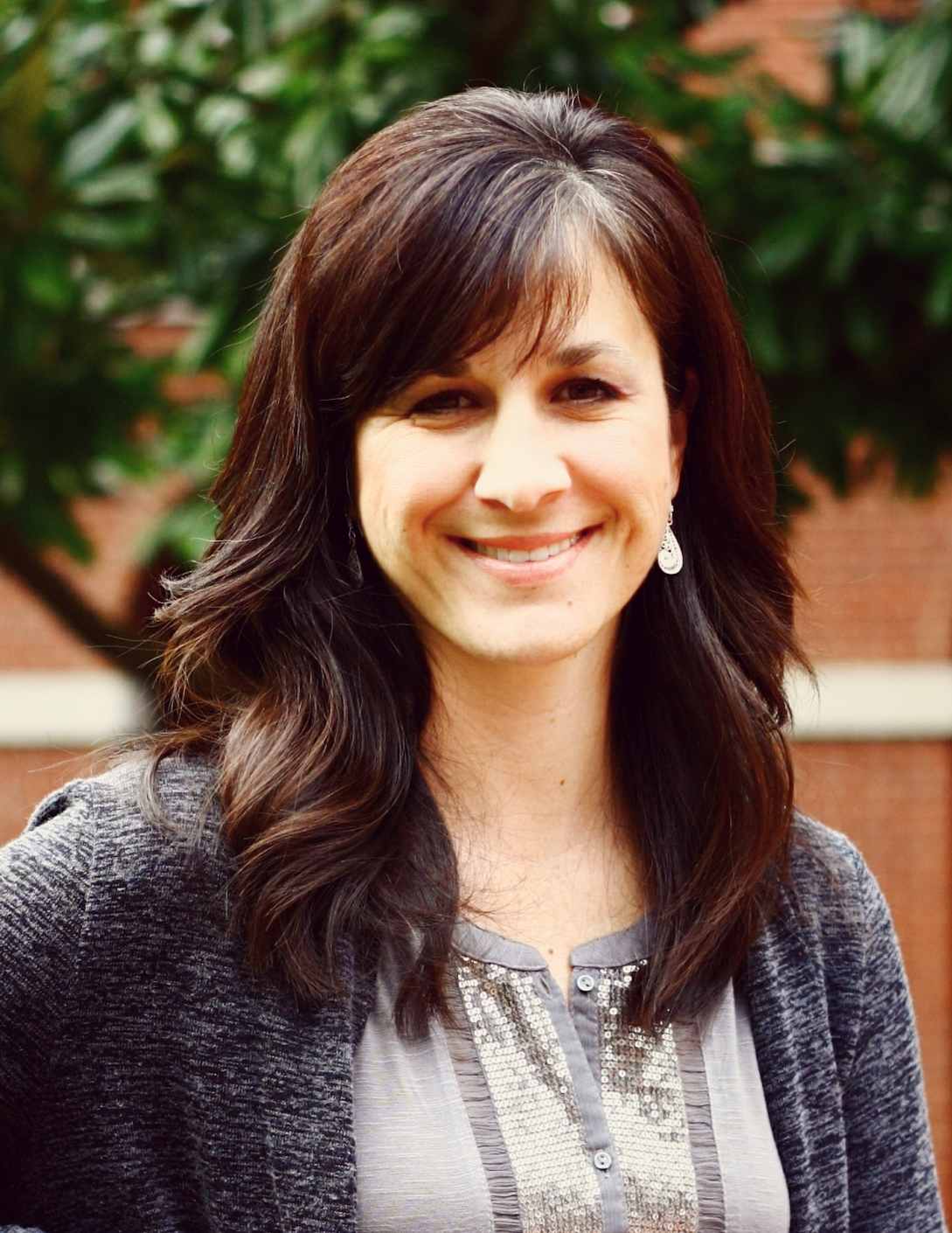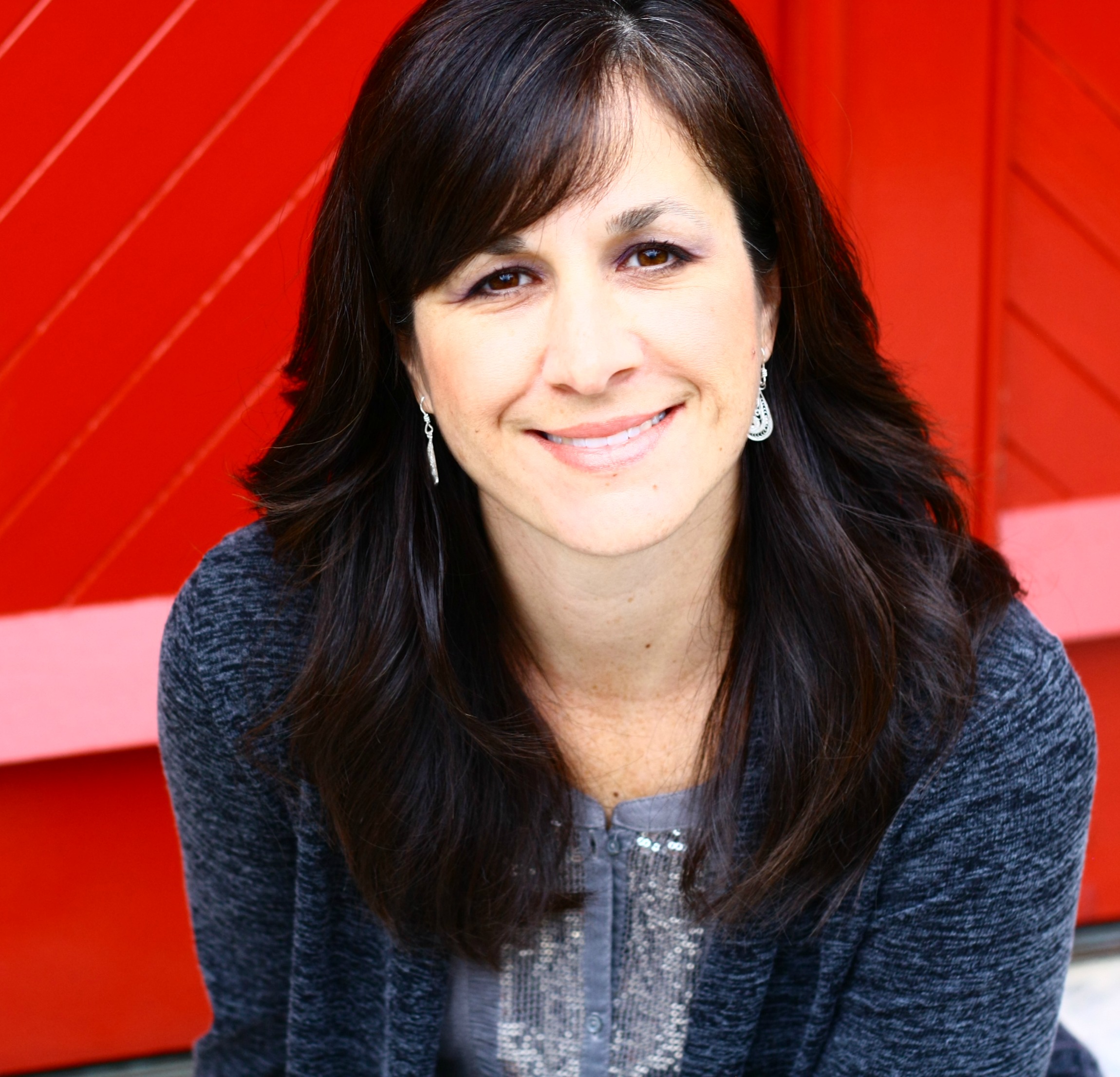5 Questions to Decide What Deserves Your Time
In this Time Management UPGRADE, Julie Sanders helps us consider something we all have a lot of, but often misuse—our time.
"On a full plate, not everything is equal," Julie says. "The more options, the more  important it is to decide what deserves our time. How can we plan for our priorities?"
important it is to decide what deserves our time. How can we plan for our priorities?"
The more I (Dawn) talk to women, the more I realize how full those plates are. My own is overflowing and needs some paring down, and I have to tell you – Julie's tips here really help!
Julie continues . . .
Your plate may overflow with feedings and laundry, deadlines and events, or presentations and correspondence. If we start each day hoping important things rise to the top, we risk drowning in a flash flood of urgency and emergency.
Whatever the parts of our busy life, we can’t afford not to plan to make our priorities first. Being in the place where we need to plan is a good place to be.
By learning to count time, measure resources and compare the weight of work, we learn wisdom. The Psalmist said, “So teach us to number our days, that we may get a heart of wisdom” (Psalm 90:12).
Counterfeit priorities will beg for attention with a simple knock at the door or chime of the phone.
Ask 5 questions to plan for the main things to take the main chunk of your time and attention. First things first.
1. What can only I do?
Some tasks require my attention. Only I can be my husband’s wife and mother my children. When God directs me to a hurting person, only I can respond in the moment.
But I am not meant to answer every problem or be the savior for every need. Can someone else meet the need?
2. What can someone else do?
When we delegate a duty to someone else, we wisely use our time. I don’t have to do every load of laundry, return every call, teach every lesson or pray for every need.
Since resources are limited, I’ve learned to let go and let others share the load.
3. What can wait?
Someone else’s poor planning does not constitute an emergency for my schedule.
It may feel good to be the “answer” to a trauma, but being swept away by the urgent requires saying “no” to other things of value. Some things can wait. When weighing a request or responsibility, ask, “Can it wait?”
4. What can be a process?
Deadlines present opportunities to plan ahead. Choose a tool that works for you to schedule times to make progress, and resist letting longer term projects turn into last minute problems.
5. What matters most to God?
When deciding what deserves our time, consider what matters most to God. What does He consider a “priority” and what can take a back seat or fall away?
This means priorities are constantly changing, in light of how God guides our steps, including the people He brings into our lives.
Hold tightly to what God cares about, but hold loosely to the order of business on your planner.
After all, “The heart of man plans his way, but the Lord establishes his steps” (Proverbs 16:9).
We don’t know how many days we have. We do know each will be 24 hours, with 365 in every year. We can’t hope or plan to do it all.
First plan your priorities and your priorities will happen first.
Is the way you spend your time a real reflection of your real priorities? How could you plan to put first things first?
NOTE: Julie created an Alphabet Priorities printable bookmark—a helpful tool for sorting through what matters most. It's available here and here.
Julie Sanders speaks and writes with seasoned wisdom. Since moving to the Northwest with her 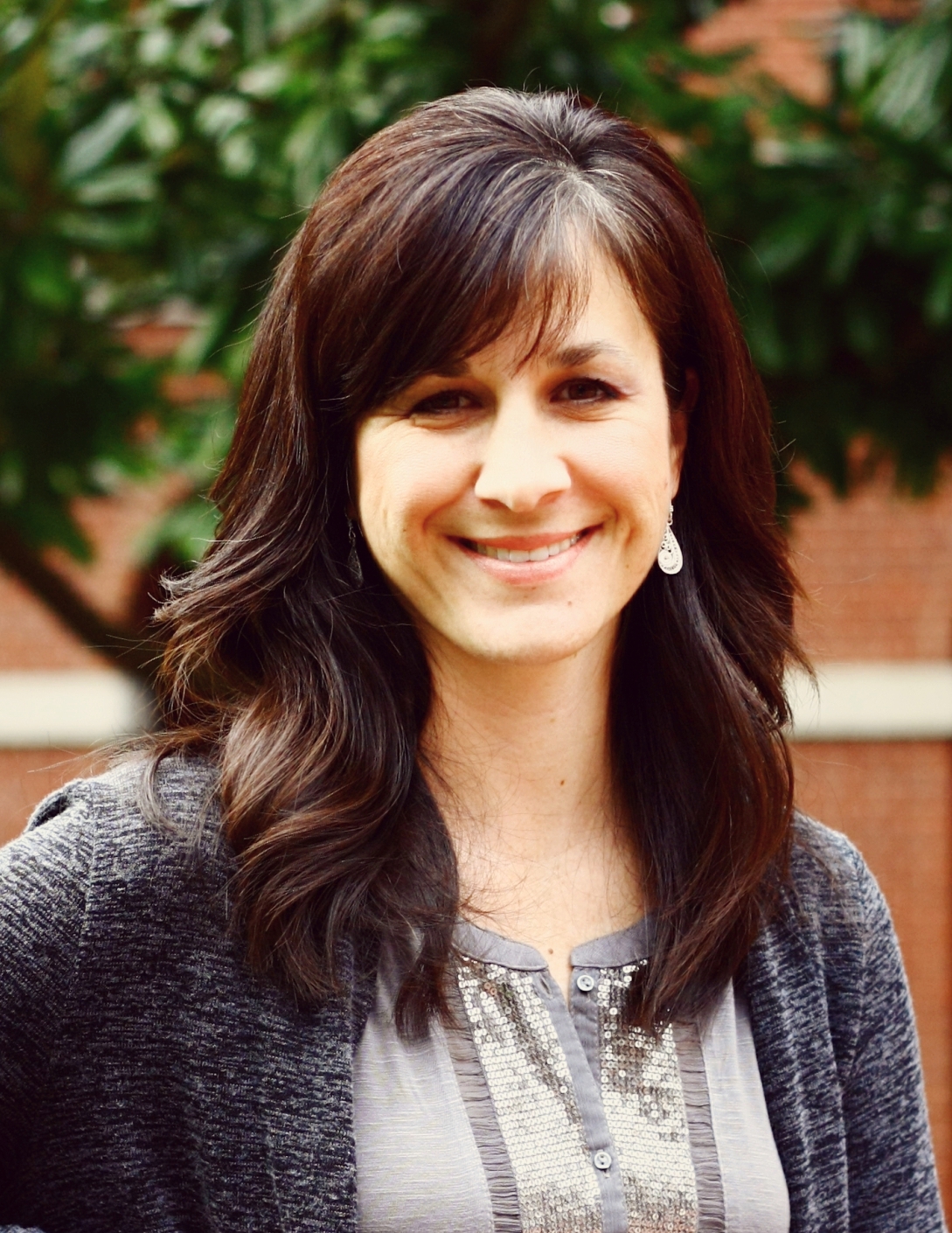 husband, Julie is numbering her days in a new season of life. As the director of early learning programs across nearly 16,000 square miles of urban and rural country, she has daily opportunities to put first things first and live out God’s priorities. Julie writes from her online home, “Come Have a Peace.”
husband, Julie is numbering her days in a new season of life. As the director of early learning programs across nearly 16,000 square miles of urban and rural country, she has daily opportunities to put first things first and live out God’s priorities. Julie writes from her online home, “Come Have a Peace.”
 Post a Comment → Posted on
Post a Comment → Posted on  Wednesday, October 19, 2016 at 9:00AM
Wednesday, October 19, 2016 at 9:00AM  Dawn Wilson,
Dawn Wilson,  Delegating,
Delegating,  God's priorities,
God's priorities,  Julie Sanders,
Julie Sanders,  Number our days,
Number our days,  Time,
Time,  Time Management,
Time Management,  Upgrade with Dawn,
Upgrade with Dawn,  Use of time,
Use of time,  priorities Upgrade Your Life
priorities Upgrade Your Life  Priorities,
Priorities,  Time Management
Time Management 




